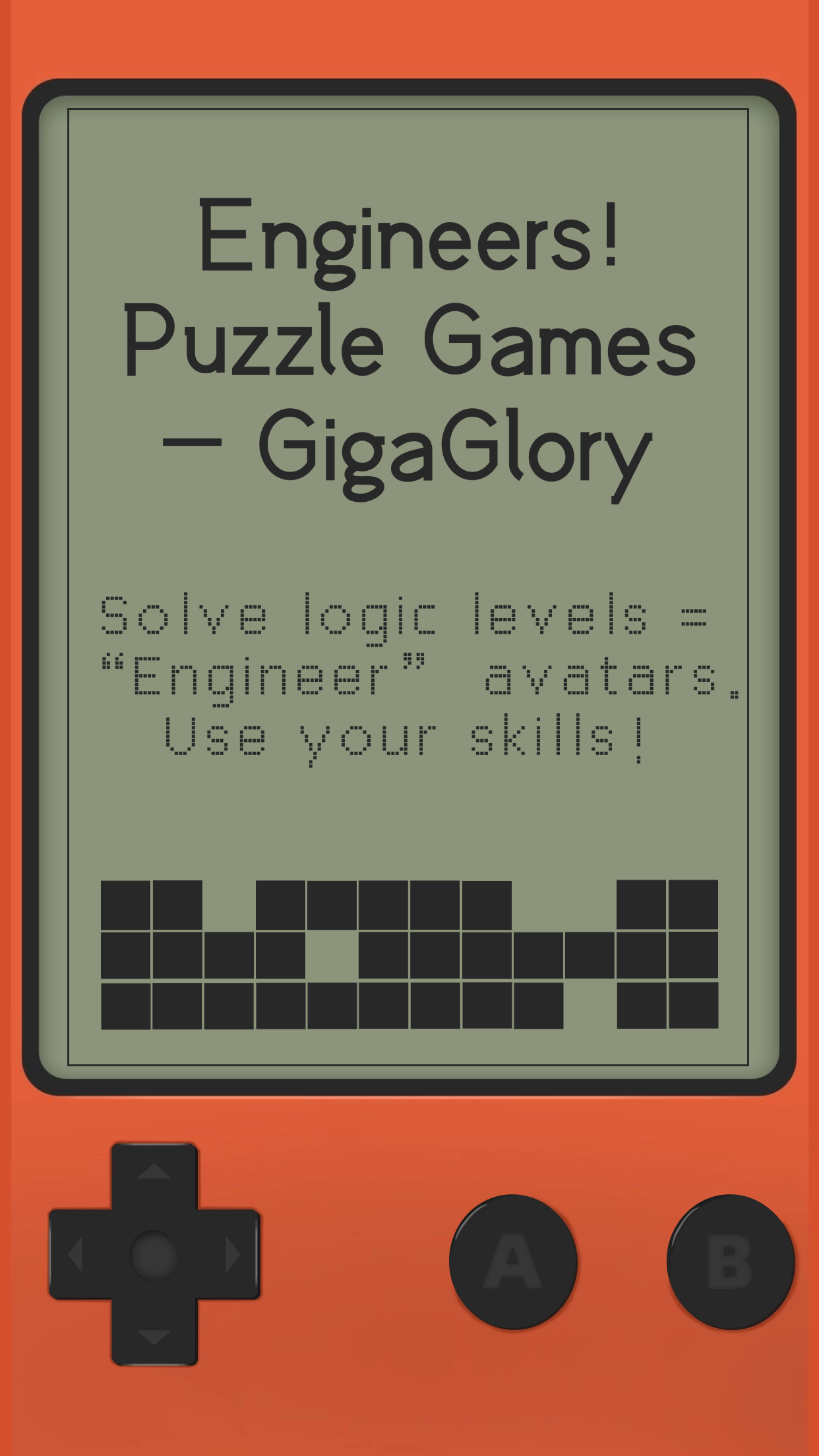How RPG Games Are Transforming Educational Games: A New Frontier in Learning
The realm of educational games has undergone a remarkable transformation, thanks to the advent of RPG (Role-Playing Game) elements. These games are not only fun and engaging but also pave the way for innovative learning methods. For those interested in using RPG games as a tool for education, it's clear that we're stepping into a new frontier. Let’s delve into how RPG games are revolutionizing educational games and what it means for learning methodologies in the modern world.
The Magic of RPGs in Education
RPGs captivate players by immersing them in richly crafted worlds, and this immersion can be harnessed for educational purposes. Here are some **key benefits** of using RPG games in education:
- Engagement: The storytelling element pulls students into a narrative that encourages them to learn.
- Problem-solving Skills: RPGs often involve quests that require creative thinking and strategic planning.
- Collaboration: Many RPGs promote teamwork, enabling players to collaborate and learn from one another.
- Growth Mindset: Players are encouraged to overcome challenges, promoting resilience and a growth mindset.
The ASMR Childhood Video Game Collection: A Nostalgic Boost
For some, the journey into RPGs may evoke a sense of nostalgia, harking back to childhood gaming experiences. The asmr childhood video game collection can be a powerful medium to reignite this passion. Students familiar with these games might find it easier to connect with new educational concepts through the lens of their beloved childhood games. This connection can enhance understanding and retention.
Implementing RPG Game Elements into Educational Games
Educational institutions are getting creative with how they incorporate RPG mechanics into their curricula. Let’s look at a **simple framework** for doing this:
| RPG Element | Educational Adaptation |
|---|---|
| Character Creation | Students create characters representing them in the learning journey. |
| Quests and Challenges | Assignments designed as quests reinforce learning objectives. |
| Leveling Up | Progress tracking through levels mirrors academic achievement. |
| Open World Exploration | Students explore various subjects freely, fostering curiosity. |
Case Studies of Successful RPG Educational Games
Several educational platforms have embraced RPG mechanics. For instance, a successful educational RPG might include:
- Quest for Knowledge: A game where students complete historical quests to learn about world cultures.
- Math Adventure: Math problems are embedded in an adventurous storyline that keeps students engaged.
- Science Missions: Students undertake responsibilities such as saving an ecosystem, integrating various science concepts.
Conclusion
In conclusion, RPG games are not just a form of entertainment; they represent a powerful tool for enhancing educational experiences. By cleverly integrating elements such as storytelling, character development, and strategic challenges, educators can create engaging and meaningful learning environments. Whether it’s through nostalgia or innovative game design, the impact of RPGs on education is undeniable. So, step into this new frontier, and let's redefine the way we approach learning!



